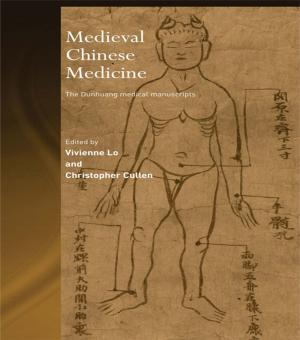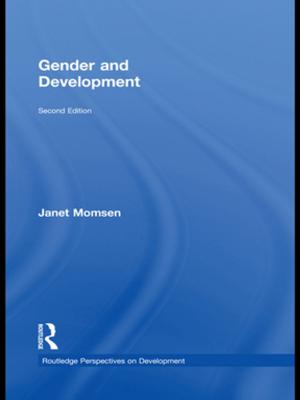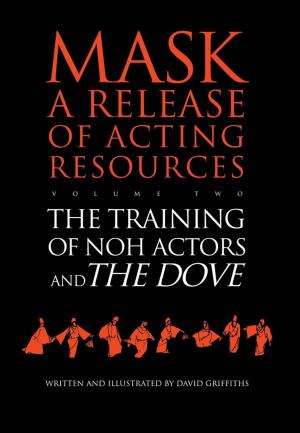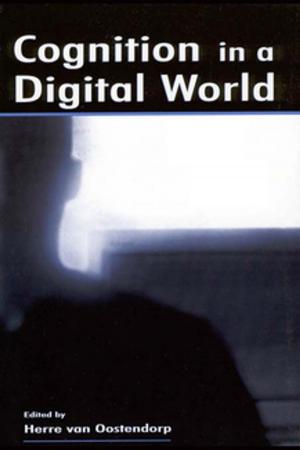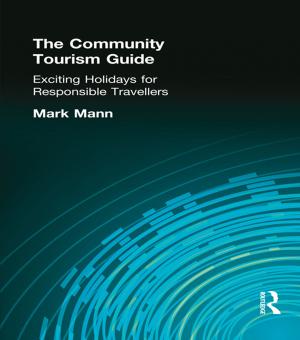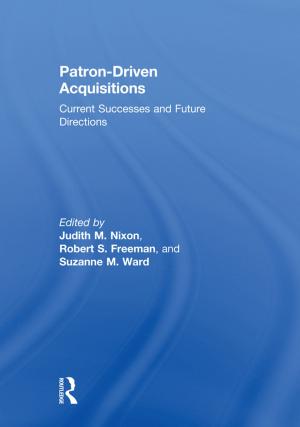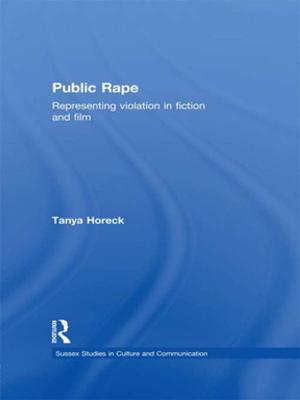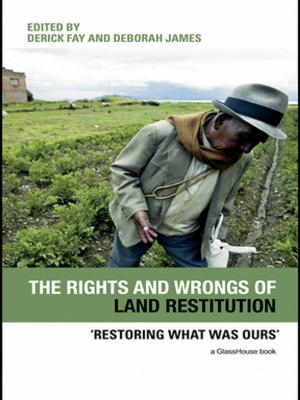Routledge International Handbook of Migration Studies
Nonfiction, Social & Cultural Studies, Social Science, Demography, Human Geography, Sociology| Author: | ISBN: | 9781135183486 | |
| Publisher: | Taylor and Francis | Publication: | May 2, 2013 |
| Imprint: | Routledge | Language: | English |
| Author: | |
| ISBN: | 9781135183486 |
| Publisher: | Taylor and Francis |
| Publication: | May 2, 2013 |
| Imprint: | Routledge |
| Language: | English |
The current era is marked by an unparalleled level of human migration, the consequence of both recent and long-term political, economic, cultural, social, demographic and technological developments. Despite increased efforts to limit its size and consequences, migration has wide-ranging impacts upon social, environmental, economic, political, and cultural life in countries of origin and settlement. Such transformations impact not only those who are migrating, but those who are left behind, as well as those who live in the areas where migrants settle.
The Handbook of Migration Studies offers a conceptual approach to the study of international migration, exploring clearly the many modes of exit, reception and incorporation which involve varied populations in disparate political, economic, social and cultural contexts. How do these movements also facilitate the transmission of ideologies and identities, political and cultural practices and economic resources? Uniquely among texts in the subject area, the Handbook also provides a section devoted to exploring methods for studying international migration.
Featuring forty-seven essays written by leading international and multidisciplinary scholars, the Routledge International Handbook of Migration Studies offers a contemporary, integrated and comprehensive resource for students and scholars of sociology, politics, human geography, law, history, urban planning, journalism, and health care.
The current era is marked by an unparalleled level of human migration, the consequence of both recent and long-term political, economic, cultural, social, demographic and technological developments. Despite increased efforts to limit its size and consequences, migration has wide-ranging impacts upon social, environmental, economic, political, and cultural life in countries of origin and settlement. Such transformations impact not only those who are migrating, but those who are left behind, as well as those who live in the areas where migrants settle.
The Handbook of Migration Studies offers a conceptual approach to the study of international migration, exploring clearly the many modes of exit, reception and incorporation which involve varied populations in disparate political, economic, social and cultural contexts. How do these movements also facilitate the transmission of ideologies and identities, political and cultural practices and economic resources? Uniquely among texts in the subject area, the Handbook also provides a section devoted to exploring methods for studying international migration.
Featuring forty-seven essays written by leading international and multidisciplinary scholars, the Routledge International Handbook of Migration Studies offers a contemporary, integrated and comprehensive resource for students and scholars of sociology, politics, human geography, law, history, urban planning, journalism, and health care.

